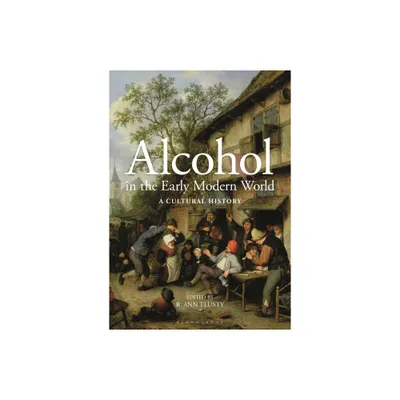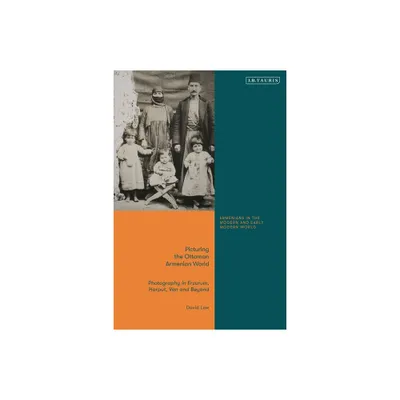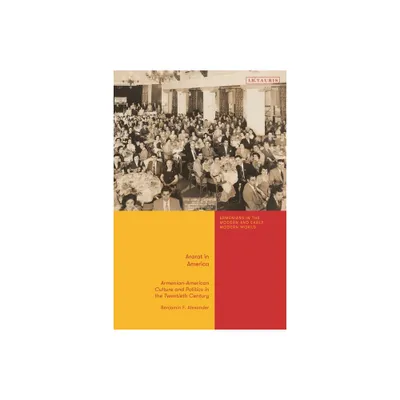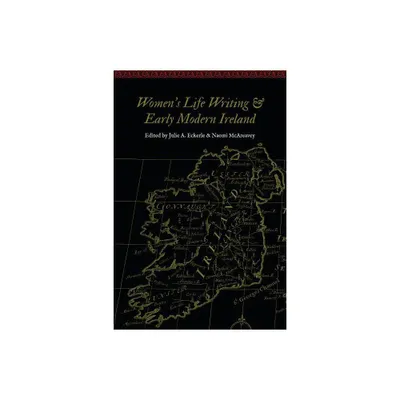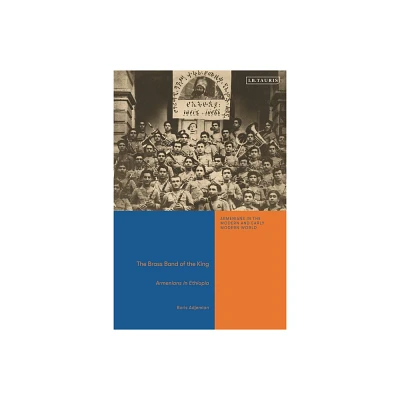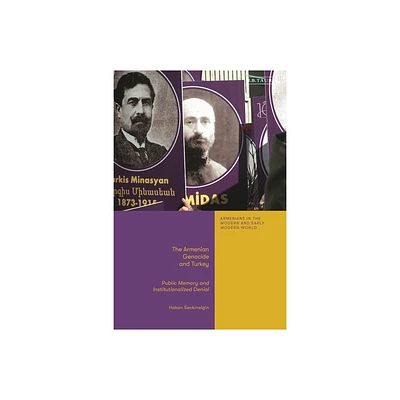Home
Archives and Information in the Early Modern World
Loading Inventory...
Barnes and Noble
Archives and Information in the Early Modern World
Current price: $91.00


Barnes and Noble
Archives and Information in the Early Modern World
Current price: $91.00
Loading Inventory...
Size: OS
*Product Information may vary - to confirm product availability, pricing, and additional information please contact Barnes and Noble
Investigating the relationship between archives and information in the early modern world, this latest collection of essays edited by Kate Peters, Alexandra Walsham, and Liesbeth Corens explores every aspect of record keeping; from the proliferation of physical documentation between the sixteenth and eighteenth centuries to the implication of archives in patterns of statecraft.
Contributors to
Archives and Information in the Early Modern World
place paper technologies and physical repositories under the microscope, analysing the connections between documentation and geographical distance, probing the part played by record-keeping in administration, governance, and justice, as well as its links with trade, commerce, education, evangelism, and piety.
Extending beyond the framework of formal institutions to the family, household, and sect,
offers fresh insight into the possibilities and constraints of political participation and the nature of human agency. It deepens our understanding of the role of archives in the construction and preservation of knowledge and the exercise of power in its broadest sense, calling for greater dialogue and creative collaboration to breach the lingering disciplinary divide between historians and archival scientists.
Contributors to
Archives and Information in the Early Modern World
place paper technologies and physical repositories under the microscope, analysing the connections between documentation and geographical distance, probing the part played by record-keeping in administration, governance, and justice, as well as its links with trade, commerce, education, evangelism, and piety.
Extending beyond the framework of formal institutions to the family, household, and sect,
offers fresh insight into the possibilities and constraints of political participation and the nature of human agency. It deepens our understanding of the role of archives in the construction and preservation of knowledge and the exercise of power in its broadest sense, calling for greater dialogue and creative collaboration to breach the lingering disciplinary divide between historians and archival scientists.


